OPINION | Almost 18 years ago the U.S. led NATO into Afghanistan. Today the majority of its 35 million people – the NATO Generation – were born or came of age with a significant international military, diplomatic and development presence in their country. This young, dynamic majority faces a bleak future.
Thanks to a wide array of international entities operating hugely successful health and education programs, ranging from NATO to various non-governmental organisations (NGOs), new ideas and norms have penetrated every corner of Afghanistan. Social changes, including vastly enhanced roles for women in education and government, have been welcomed. Many Afghans have mastered English as a second language, while displaying impressive computer and social media capabilities. This interaction of cultures has left an indelible mark on young Afghans.
Yet that influence may soon be reversed. Despite the rapid military eviction of Afghanistan’s fundamentalist government in 2001, the Taliban has never been completely defeated. Their violent quest to return is succeeding; the U.S. coalition is showing fatigue after almost two decades of continuous war.
Lacking alternatives, peace talks are underway that will result in a significant role for the Taliban in the political process, despite their unpopularity. A 2018 Asia Foundation survey found an astonishing 82.4% of Afghans had ‘no sympathy’ for the Taliban. Few in the nation at large want to see them return.
The Taliban also remain muddled when articulating their goals. Although they are unified when demanding the departure of all foreign troops, there are indications they are divided on how much they want to roll back the country’s political and social modernization. Afghans remain in fear of a return of the brutal anti-democratic values employed when the Taliban ruled before 2001.
A 2018 Asia Foundation survey found an astonishing 82.4% of Afghans had ‘no sympathy’ for the Taliban.
A negotiated peace that concedes political power to the Taliban will be a calamity for Afghanistan’s NATO Generation. Despite Taliban threats, these young Afghans enthusiastically vote in elections. Many enjoy Western music, as well as the music of their own glamorous pop stars, most of which are based outside the country. Young boys and girls attend schools in record numbers, and the large and remarkably free media sector is unafraid to criticize the government.
Popular comedians regularly lampoon politicians as well, although they appear reluctant to test the Taliban’s sense of humor. Skateboards, skiing, fashion, movies and other Western influences are ingrained in Afghanistan’s NATO Generation, and not just in the cities. Cell phones are used by an astonishing 80% of the population, allowing ideas and trends to filter throughout the country. Young Afghans have no desire to go back to Taliban times.
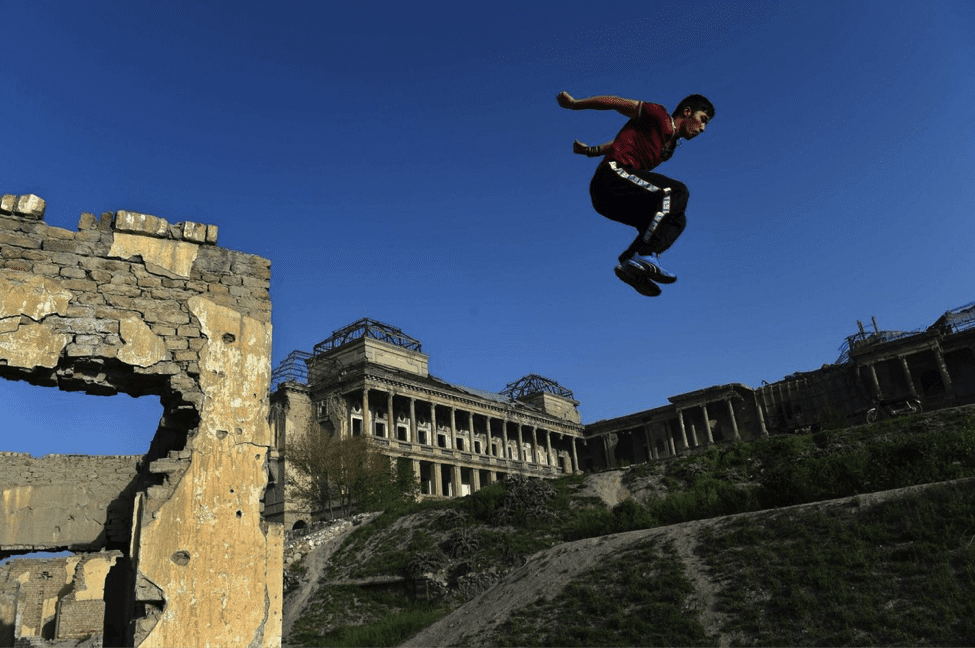
As it is, the Afghan security forces are already carrying the overwhelming burden of the war, and they are taking enormous casualties doing it.
Women’s rights, a free press, and democratic values are all at stake, but self-preservation requires bitter government rivals to unify long enough to make those key demands directly to the Taliban.
During a gathering at the Hudson Institute on the 13th of March 2019, Hamdullah Mohib, the former Afghan Ambassador to the U.S. and current National Security Adviser to President Mohammad Ashraf Ghani Ahmadzai, gave a succinct Situational Representation (SITREP) of his home country. In brief, Mohib’s point was as follows: Afghanistan is grateful for all the U.S. support and will always remember the thousands of Americans who sacrificed their lives for his country, but if the United States intends to withdraw, at least do so in an orderly manner. In essence, Afghanistan can stand on its own against the Taliban and other terrorist groups in the region, with minimal support from the international community.
Read the full statement delivered by NSA H.E. @hmohib, during today’s #UNSC discussion on the situation in #Afghanistan: https://t.co/mgn8suIGg7 pic.twitter.com/NYHxUN7INM
— Afghanistan Mission (@AfghanMissionUN) March 11, 2019
Even if the Afghan government is allowed full participation in the negotiations, most of Afghanistan’s NATO Generation are frustrated with the bitterly divided older leadership dominating Afghan politics and pushing very different priorities. President Ghani’s government is calling for a Loya Jirga, a meeting of the national tribal council and its leaders, to try and establish some guidelines for potential negotiations, though it is unclear who will be allowed to participate. Afghanistan’s ruling Government of National Unity, a euphemism for a power-sharing agreement between Presidential candidates fragmented from its inception, and elections slated for this year (if they take place at all) are unlikely to solve anything.
Ambassador Richard Olsen, the former U.S. Special Representative for Afghanistan and Pakistan, recently emphasized that the Taliban will not take Western negotiators pushing modern governmental power-sharing arrangements as seriously as they would a unified Afghan front. Women’s rights, a free press, and democratic values are all at stake, but self-preservation requires bitter government rivals to unify long enough to make those key demands directly to the Taliban. That is a tall order.
So, what happens to the NATO Generation if the Taliban does gain power, or enough power to start rolling back some of the country’s recent modernization?
We already know this. Afghans make up the second largest group of global refugees. A political role for the hated Taliban will accelerate those numbers. Waves of refugees and immigrants resulting from past U.S. foreign policy decisions in places such as the Philippines, Vietnam and Cuba, have generally done well in the United States. Afghan refugees have been coming to America since the 1970s, and while America has certainly benefited from the exodus, Afghans have been particularly successful immigrants. The great loss of Afghanistan’s skilled, educated and talented people would be devastating for that country’s future.
![Image [Afghan women at a rally for Habiba Sarobi, the first female candidate for vice president in Afghanistan’s history, in 2014. (NYTimes/Adam Ferguson)]](https://limacharlienews.com/wp-content/uploads/2019/03/Afghan-women-at-a-rally-for-Habiba-Sarobi.png)
Everyone hopes the decades-long conflict can finally be brought to an end, but the likelihood of an agreement that preserves the most valued ideas and culture of the NATO Generation seems remote. Peace would be better than endless conflict, but the cost for a generation of Afghans will be too high.
That bodes poorly for the future of Afghanistan, but the West’s lust for closure is blinding it to the potential collateral damage from a precipitous departure. A poorly managed and abrupt U.S. withdrawal from Afghanistan would be a disaster not just for the NATO Generation, but for all of Afghanistan, the region and beyond. It would also signify a historic failure of U.S. strategic projection, and a betrayal of literally millions of Americans and others from scores of nations who have served and sacrificed to propel Afghanistan to its current level of freedom and development.
[Title Image: Shamsia Hassani, street artist, doing her work in Kabul. (Photograph by Shamsia Hassani)]
[Subscribe to our newsletter for free and be the first to get Lima Charlie World updates delivered right to your inbox.]
Doug Brooks, LIMA CHARLIE WORLD
Doug Brooks is an advocate and specialist on the regulation and constructive utilization of the private sector for international stabilization, peacekeeping, disaster relief and humanitarian missions. In 2001 he founded the International Stability Operations Association (ISOA), the world’s leading private sector association focused on advancing the global role of industry in supporting international efforts in conflict, post conflict, humanitarian rescue and disaster relief environments. Now President Emeritus of ISOA, he serves on the ISOA Advisory Council. He also serves on the Board of the Afghan-American Chamber of Commerce (AACC), and teaches as Adjunct Faculty at the University of Fiji. He has testified before the U.S. Congress and the South African Parliament, and has appeared on numerous TV and radio programs including the BBC, CBS News, NBC News, Fox News, CNN International, Democracy Now!, NPR, VOA, SABC in South Africa and PBS’s Lehrer News Hour. He has lectured at Georgetown University, West Point, Princeton and the Inter-American Defense College at Ft. McNair among many other academic institutions. Contact Doug Brooks.
Lima Charlie World provides global news, featuring insight & analysis by military veterans, intelligence professionals and foreign policy experts Worldwide.
For up-to-date news, please follow us on twitter at @LimaCharlieNews
In case you missed it:

![Image The fate of Afghanistan’s NATO Generation [Lima Charlie World][Photo: Shamsia Hassani]](https://limacharlienews.com/wp-content/uploads/2019/03/The-fate-of-Afghanistan’s-NATO-Generation-Lima-Charlie-World-Shamsia-Hassani.png)
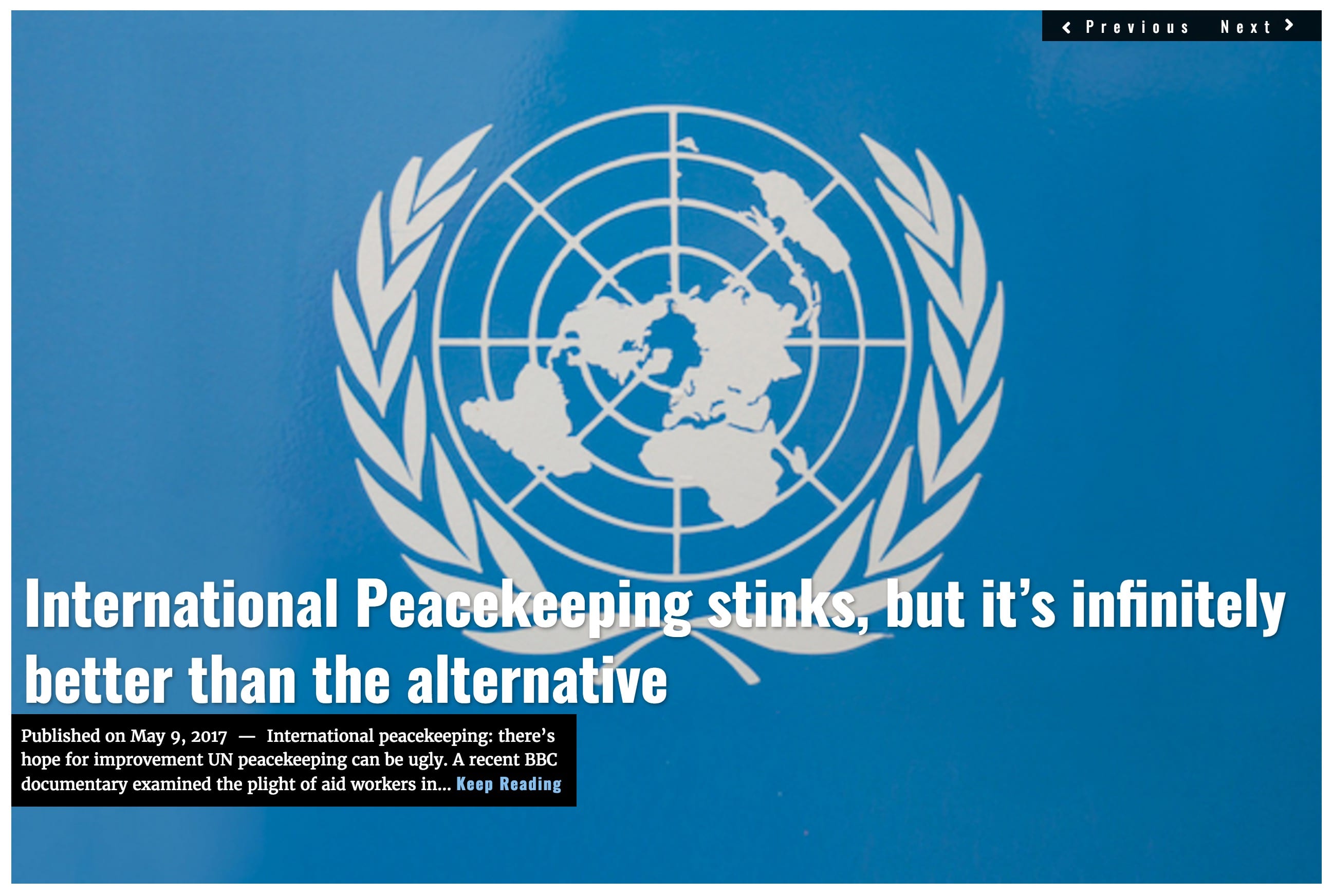
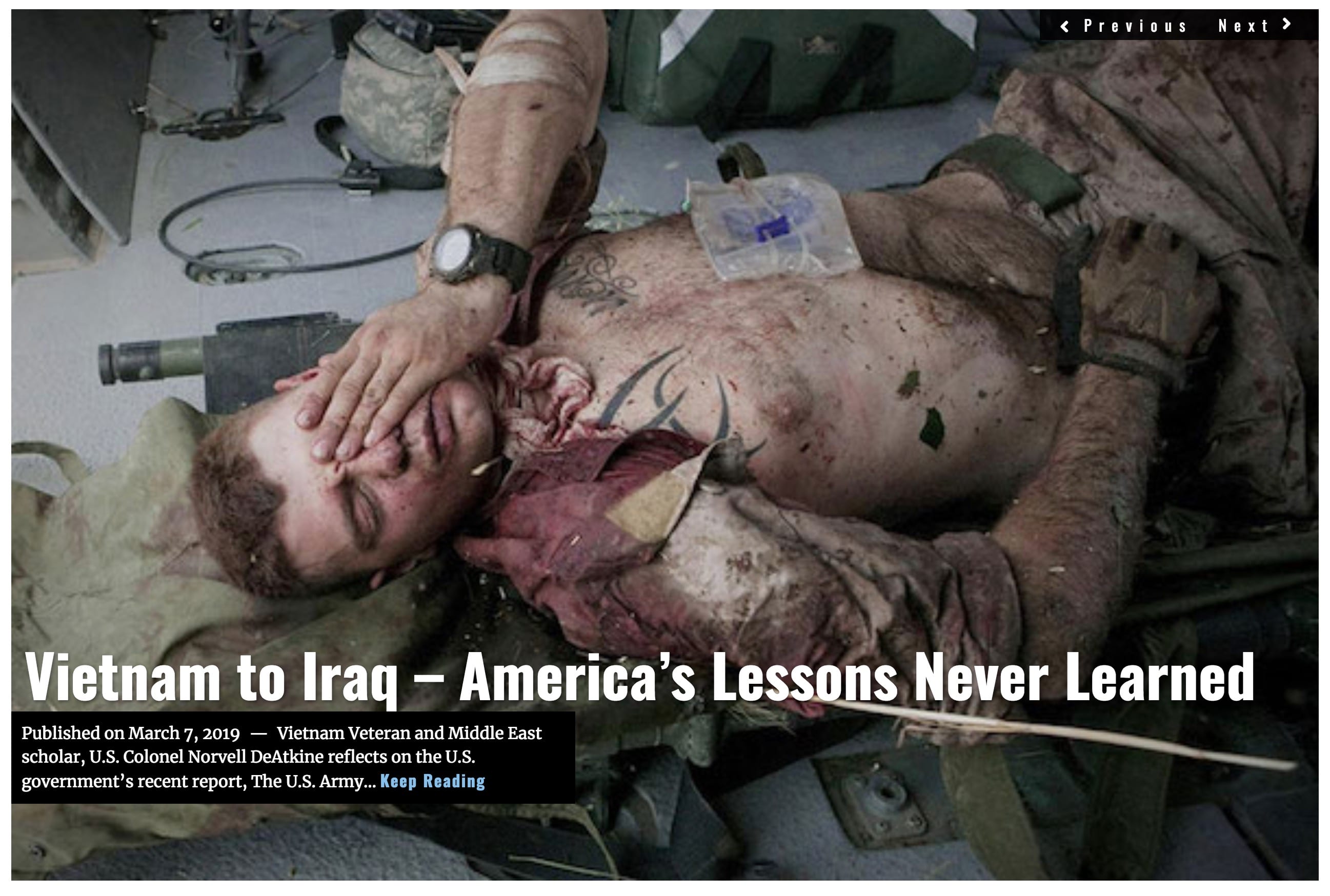
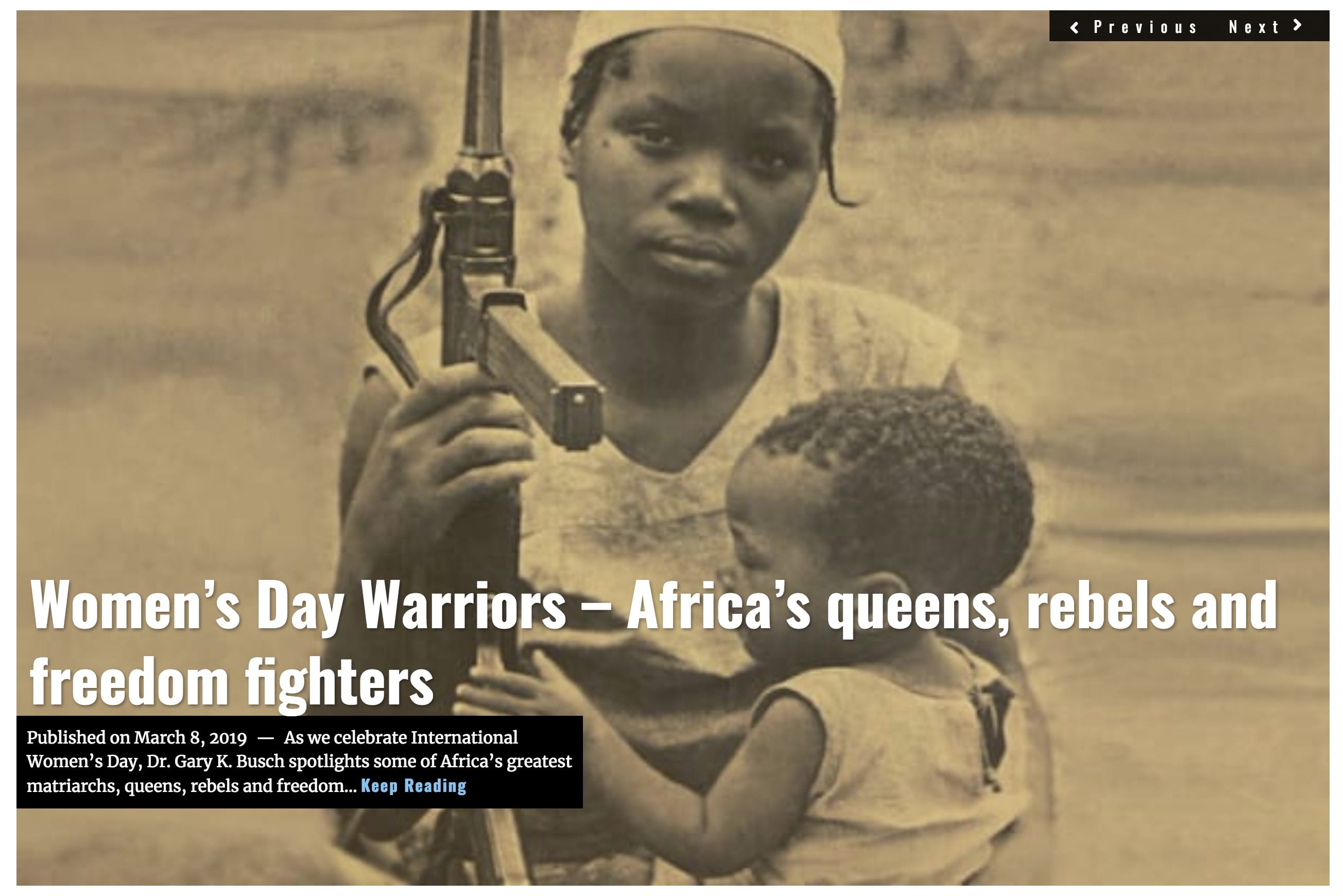
![Image Strike a deal with which devil? The many faces of the Taliban [Lima Charlie News][Image: Anthony A. LoPresti]](https://limacharlienews.com/wp-content/uploads/2019/03/Many-faces-of-the-Taliban-Lima-Charlie-News-Anthony-LoPresti-480x384.png)
![Image Afghanistan – A Bold Solution [Lima Charlie News]](https://limacharlienews.com/wp-content/uploads/2018/12/Afghanistan-A-Bold-Solution-Lima-Charlie-News-480x384.png)
![Image Giving the Afghan Air Force Blackhawks is a terrible idea [Lima Charlie News]](https://limacharlienews.com/wp-content/uploads/2018/05/Afghanistan-Black-Hawk-Helocopters--480x384.jpg)


![Blossoming Russo-Turkish alliance leaves U.S., NATO behind [Lima Charlie News]](https://limacharlienews.com/wp-content/uploads/2019/07/Russia-Turkey-alliance-leaves-U.S.-NATO-behind-480x384.png)

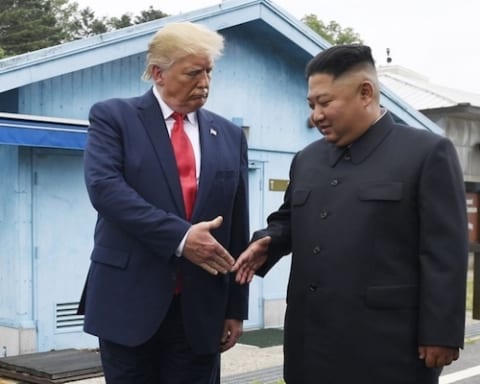
![Image Strike a deal with which devil? The many faces of the Taliban [Lima Charlie News][Image: Anthony A. LoPresti]](https://limacharlienews.com/wp-content/uploads/2019/03/Many-faces-of-the-Taliban-Lima-Charlie-News-Anthony-LoPresti-150x100.png)
![Image Afghanistan – A Bold Solution [Lima Charlie News]](https://limacharlienews.com/wp-content/uploads/2018/12/Afghanistan-A-Bold-Solution-Lima-Charlie-News-150x100.png)
Quite accurate narration and prediction, but this like Vietnam, very few city dwellers getting all the modernization and benefits, rest of the country biting dust.